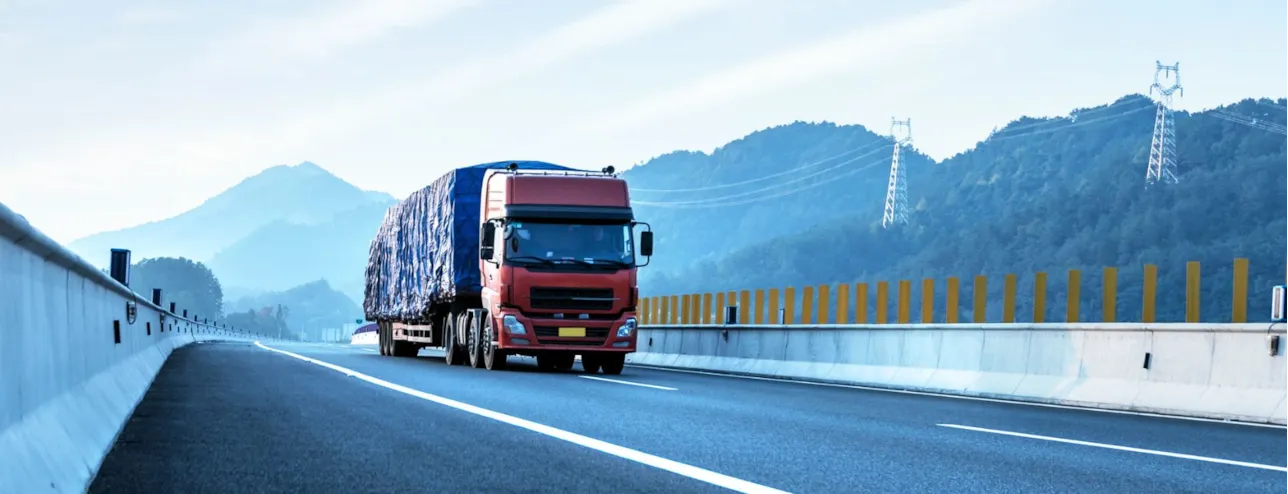The IFS Logistics Standard assesses the quality and safety of logistics activities and includes transport by all modes (road, rail, air and sea), storage, distribution, loading and unloading, and more. It applies to all types of food and non-food products, regardless of whether they must be transported at freezing temperatures, refrigerated or non-refrigerated.
IFS Logistics Version 3 has been updated to align with current regulations, market expectations and the latest trends. It has fewer requirements and an optimised protocol and structure. It is now aligned with the IFS Food Standard version 8, which is relevant for combined audits, and with global food safety standards.
The updated IFS Logistics Version 3
Version 3 was updated in late 2023 after consultation with certifying bodies and logistics industry experts. It introduces a simpler structure along with some extensions to the scope and clarifications of storage and other aspects. The main changes are:
- A new standard document structure intended to harmonise the IFS standards.
- Increased focus on ISO/IEC 17065 and ISO 22003-2.
- Alignment with the new Codex Alimentarius and GFSI benchmarking requirements.
- Extension of the IFS Logistics scope to include “Introduction of logistics processing services” to cover simple sorting of fruits and vegetables and labelling.
- Addition of a feed product scope.
- Clarification of the IFS Logistics scope when it comes to short term storage and/or transport of containers, pure service provider organization of transport and storage, and exclusions rules.
- Introduction of partly outsourced logistics processing services.
- Revision of the scoring system to ensure adaptation to IFS Food v8.
- Description of different types of logistics structures such as decentralised structures.
- Clarification when it comes to unannounced audits, including a new IFS Star status to improve food safety and transparency.
Transition timeline
Version 3 becomes effective in 2024. The detailed transition timeline is being confirmed by IFS.
There are some exceptional situations where Version 2.3 can apply after the transition deadline. The following mandatory rules apply when moving to Version 3.0:
- Announced audits (Single Site and Head Office for Multi-location): From the transition start date, organizations can transition and start applying Version 3.0 or can continue applying Version 2.3 until the specific transition end date. From that date on the audit must be done according to the new Version 3.0.
- Unannounced audits: Version 2.3 applies when the audit window starts beforethe transition start date, but Version 3.0 applies when the audit window starts on or after the transition start date.
- Multi-location audits: Audit sites and the Head Office of the company must be audited to the same version. After the transition end date, Version 3.0 applies to all audits performed at the Head Office.
- Follow-up audits: When the connected main audit was according to Version 2.3 and took place before the transition end date, Version 2.3 will apply for the follow-up audit as well.
- Extension audits: When the connected main audit was according to Version 2.3 and took place before the transition end date, Version 2.3 will apply for the extension audit as well.
- Upgrade audits (transition): The upgrade audit will be a full audit against IFS Logistics Version 3.0.
Preparing for implementation
As your certification body, DNV is required to update and re-issue an IFS Logistics 3.0 certificate after successful completion of your Version 3.0 upgrade audit. The expiry date on the current Version 2.3 certificate will be maintained. References to Version 3.0 will be clearly stated in the audit report, audit plan, audit program and other audit documents (as relevant).
We recommend that you start preparing for the transition as early as possible and properly plan how to implement required changes into your management system. Recommended steps:
- Get to know the updated standard, focusing on the changes.
- Train relevant personnel in your organization to ensure they understand the requirements and key changes.
- Identify gaps to be addressed and establish an implementation plan.
- Update your management system and implement actions.
How can DNV help?
Whether looking to transition or starting your certification journey, DNV can be your partner. We offer transition and standard training, self-assessments, gap analysis and certification.

